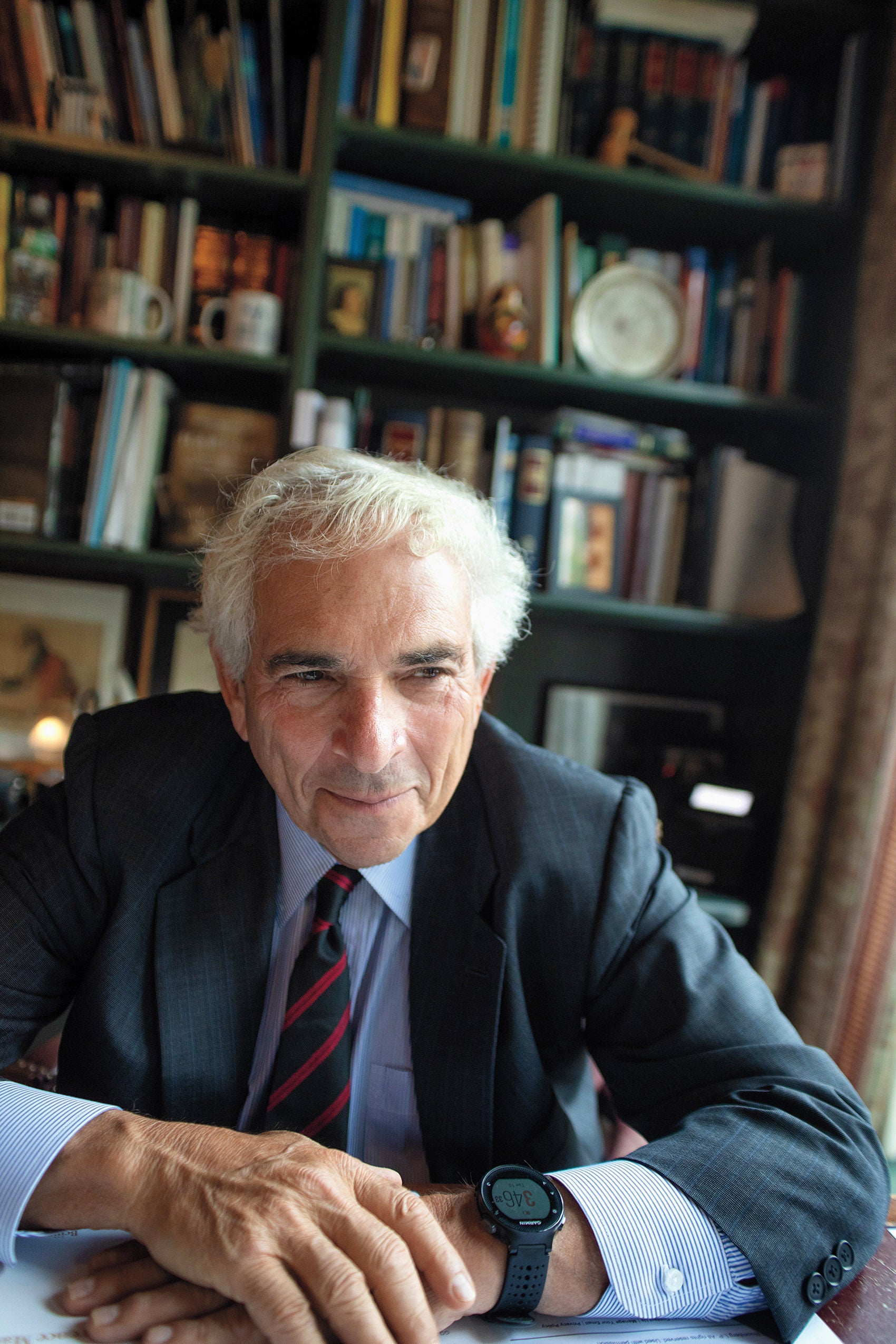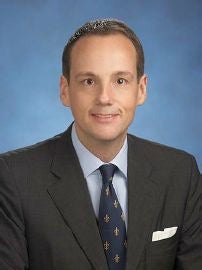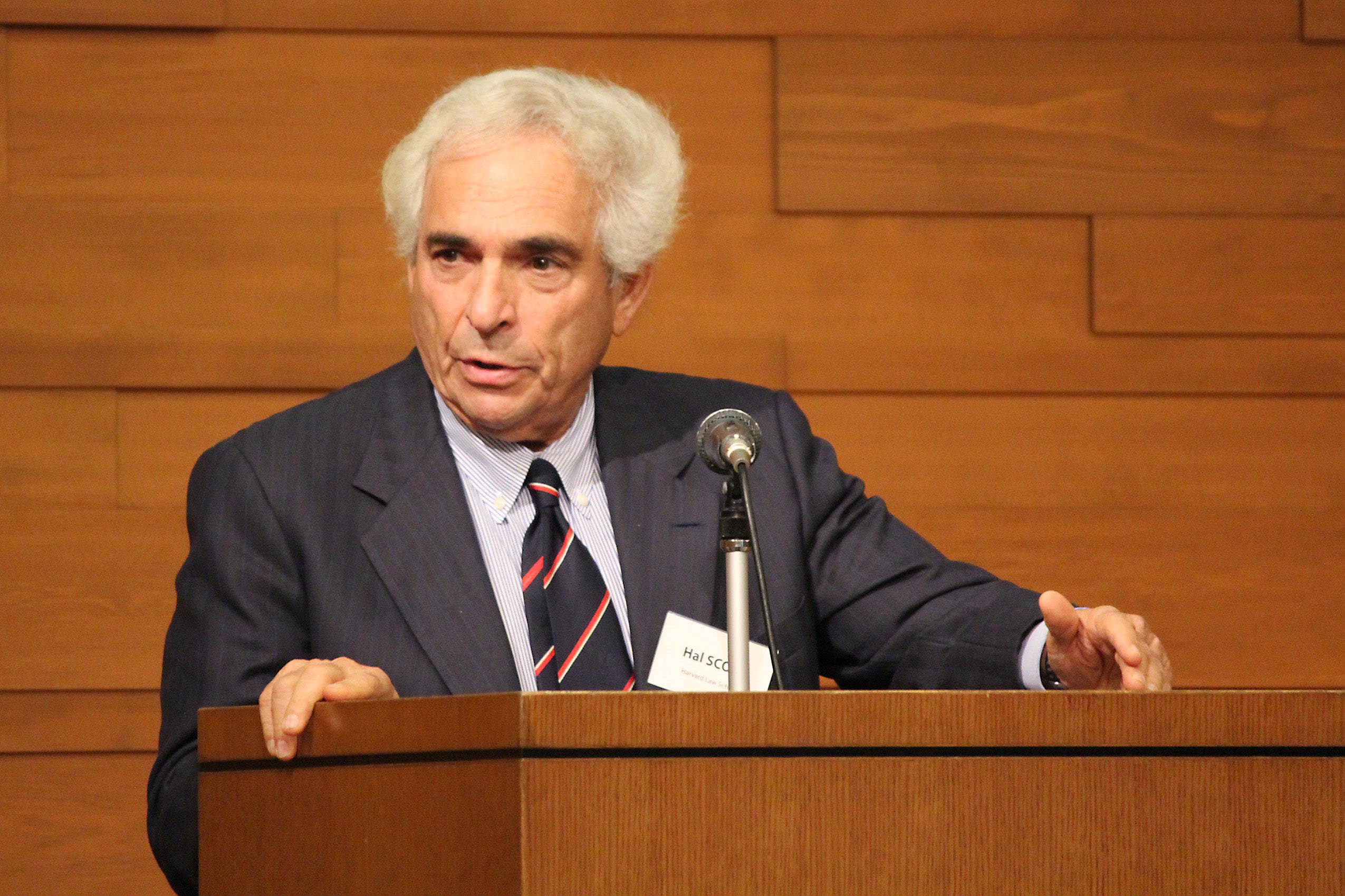People
Hal Scott
-
Who’s Looking Out for Main Street?
May 18, 2020
An article by Glen Hubbard and Hal Scott: Small and midsize businesses have been hit hard by the pandemic, but they aren’t getting the help they need. Why, when the Cares Act provides direct assistance to the Treasury to assist these firms? Congress now has a chance to get to the bottom of it. On Tuesday the Senate Banking Committee will hold its first quarterly hearing on the Cares Act. It will hear from Treasury Secretary Steven Mnuchin and Federal Reserve Chairman Jerome Powell. Three questions should frame the hearing: Who is responsible for designing small and midsize business relief programs? The Treasury is required by law to approve any Fed lending facility, which must be adequately collateralized and available only to solvent borrowers...Why is Treasury risking so little money to save Main Street? Congress enacted the Cares Act nearly two months ago. It authorized the Treasury to provide at least $454 billion to back the Fed’s “Main Street” facilities, particularly to lend to small businesses and state and local governments...Why is Treasury making a priority of not losing money? The design of the Main Street facilities makes it extremely difficult for needy small businesses to qualify for loans.
-
Main Street Needs More Fed Help
April 17, 2020
An article by Glenn Hubbard and Hal Scott: The U.S. economy is in free fall. Leading economic forecasters predict as much as an 11% year-over-year decline in second-quarter gross domestic product. Small businesses—those with under 500 employees, which constitute 50% of the workforce and 44% of GDP—have closed their doors and are teetering from illiquidity to insolvency. Depression is around the corner. The priority should be to get funds to these firms to avoid disaster. Unfortunately, the Main Street Expanded Loan Facility, designed by the Treasury and Federal Reserve, will fail to do so. It wrongfully prioritizes preventing losses over rescuing the economy. The Treasury needs to allocate much more than $75 billion to this program if it is to succeed. The Main Street Facility is an essential expansion of the $349 billion Congress initially provided to small business through the Cares Act’s Paycheck Protection Program—money that ran out Thursday. Lawmakers rightly prioritized saving small business over the substantial cost involved. Most of the PPP loans won’t be repaid, because the program forgives loans if borrowers spend 75% on retaining employees. Congress is expected to allot another $250 billion to PPP.
-
The Fed Needs to Move Faster
April 13, 2020
An article by Hal Scott: The Federal Reserve has become the first responder for the U.S. economy. Normally, the Fed is concerned with the safety of the financial system. But its fate as an independent central bank may turn on whether it can preserve the real economy. To succeed, the Fed needs to put aside normal concerns about credit risk and picking winners and losers. Clearly no moral-hazard issues arise from this virus outbreak. The Fed must move quickly to get cash in the hands of business owners. Small businesses constitute almost 50% of the country’s workforce. Many have only a three- or four-week cash cushion. They need money now. The Fed is the perfect vehicle to save the economy. It’s trusted politically, staffed by skilled professionals, and has the experience of 2008 from which to draw. Most important, it can create money and operate with negative capital. The Fed can always pay its bills.
-
Treasury Secretary Steven Mnuchin said on Sunday that he would ask Congress to reinstate powers that were used during the 2008 financial crisis to support the economy as the coronavirus threatens to grind business activity in the United States to a halt. The comments suggest that the White House is bracing for a widespread downturn that could harm sectors well beyond the travel and cruise ship industries, and that the federal government could need to return to the type of crisis-era measures that were ultimately scaled back by lawmakers in the 2010 Dodd-Frank Act...Hal Scott, an emeritus professor at Harvard Law School and the director of the nonprofit Committee on Capital Markets Regulation, said the Fed must restore its ability to be the world’s most powerful lender of last resort. It was unfortunate that such authorities needed to be reinstated amid a crisis, he said. “It would have been better to do it before the crisis,” Mr. Scott said. “When you get into a crisis and you do it, there’s a concern that you’re sending a panic signal — that we’ve got to do this, we need this power.”
-
‘Quid Ita?’: Hal Scott’s Questions and Answers
January 29, 2019
Harvard Law Professor Hal S. Scott was in his element, thundering up and down the aisles of a classroom in Wasserstein Hall and challenging each of his 70 Capital Markets Regulation students to match his enthusiasm and curiosity. After 43 years on the HLS faculty, Scott taught his final class at the school before retiring last spring. What is the best process, he asked, for ensuring that regulations for the financial system achieve their intended effect?
-
Dodd-Frank regulations good and bad for financial system… (video)
September 12, 2018
Hal Scott, director of the program on International Financial Systems at Harvard Law School, and Sebastian Mallaby, the Paul A. Volcker Senior Fellow for International Economics at the Council on Foreign Relations, discuss what triggered the financial crisis in 2008 and if we are safe from another.
-
Clayton Wants Fiduciary Proposal Out ‘Sooner than Later’
April 11, 2018
Securities and Exchange Commission Chairman Jay Clayton said Tuesday that the fiduciary rule remains a priority for the organization he leads, though he didn’t share an exact time frame for its release...Hal Scott, director of the Committee on Capital Markets Regulation and the Nomura Professor at Harvard Law School, noted that overall the market structure was sound, “but just needs to be adjusted.” He highlighted problems with market data, in which his committee recommended that the SEC require all self-regulatory organizations to publicly disclose revenues from proprietary data feeds and operating securities operating processors or SIPs, as well as performance data. Speed is a key metric for data consolidators, Scott said, and a “significantly slower SIP would not survive competitive pressure. This change also would level the playing field between those who rely on SIPs and those who use proprietary data feeds.”
-
Does the U.S. have too many financial regulators?
March 20, 2018
How many agencies does it take to regulate a financial system? In United States, about half a dozen at least. And this fragmented system made dealing with the 2008 financial crisis more difficult. Regulators struggled to figure out who had authority to do what, and there was no one figure overseeing the efforts to right the U.S. economy...Who regulates financial institutions depends on their charters. Before you can open up a bank, you must receive a bank charter. But where you go to get that charter depends on what kind of institution you’re operating, said Hal Scott, international financial systems professor at Harvard Law School. “There are just a lot of different regulators, and they overlap in their authorities,” he explained.
-
Is it time to roll back US bank regulation?
March 1, 2018
An op-ed by Hal Scott and Lisa Donner. Ten years after the start of the financial crisis, US policymakers are beginning to deal with the stiff regulatory reaction that it spawned, writes Hal Scott. The US Senate will take up the first bipartisan effort to rein in the impact of the Dodd-Frank financial reform bill on smaller banks within weeks. But that should be just one step in reform. The bill would exempt banks with less than $100bn in assets from the Federal Reserve’s annual stress tests and the Federal Deposit Insurance Corporation’s annual living wills requirement that each bank explain how it could be safely wound down in a crisis.
-
SEC Weighs a Big Gift to Companies: Blocking Investor Lawsuits
January 26, 2018
In its determination to reverse a two-decade slump in U.S. stock listings, a regulator might offer companies an extreme incentive to go public: the ability to bar aggrieved shareholders from suing. The Securities and Exchange Commission in its long history has never allowed companies to sell shares in initial public offerings while also letting them ban investors from seeking big financial damages through class-action lawsuits...“The question is who is going to be the first company because they’re going to be the lightening rod of criticism,” said Hal Scott, a professor at Harvard Law School who has long argued that shareholder lawsuits should be reined in. “It would definitely be controversial, there’s no doubt about it. But, it’s something they should endure the controversy over because it’s worth it.”
-
James Shipton, the Executive Director of the Program on International Financial Systems at Harvard Law School, has been appointed the Chair to the Australian Securities and Investments Commission (ASIC) for a five-year period.
-
CFTC Talks EP022: Harvard Law Prof. Hal Scott (audio)
December 18, 2017
An interview with Hal Scott. This week on CFTC Talks, we bring on Harvard Law Prof. Hal Scott, author of "Connectedness and Contagion." We cover the 2008 financial crisis, what happened and what regulation has done since. Has regulation made the US financial system safer and at what cost? What is the future direction for fin reg?
-
PIFS celebrates symposium’s 20th anniversary with a gala in Japan
November 16, 2017
Last month, the Program on International Financial Systems at Harvard Law School held its 20th annual U.S.-Japan symposium, along with a special anniversary gala to celebrate the milestone and look ahead to the future of the program as PIFS director Hal S. Scott transitions to a new role as emeritus professor at Harvard.
-
The SEC Plans to Collect Too Much Information
October 3, 2017
An op-ed by Hal Scott and John Gulliver. Is your personal information safe from the Securities and Exchange Commission? The SEC has mandated that U.S. stock exchanges and the Financial Industry Regulatory Authority establish a database by November 2018 that will store the names, birth dates, Social Security numbers and brokerage accounts of tens of millions of U.S. investors as part of the Consolidated Audit Trail. Like Equifax and the SEC’s database of corporate filings, the CAT will be a prime target for cyberthieves. And a breach of the CAT could be even more consequential. Cybersecurity experts have said hackers could use the personal information it will store to make direct withdrawals from investors’ retirement accounts.
-
AIG sheds $150m in costs along with Sifi label
October 2, 2017
AIG is poised to save as much as $150m in annual compliance costs after US officials released it from “too big to fail” supervision, a decision that could also help the insurance company expand again after years of post-crisis shrinkage. A team of federal officials who have been stationed within the group to monitor its activities will be heading for the exit after a council led by Treasury secretary Steven Mnuchin ruled AIG’s collapse would no longer pose a threat to the financial system...Hal Scott, professor at Harvard Law School, said he expected regulators to take up Prudential’s case soon. “I’d be shocked if it wasn’t next on the list,” he said.
-
While Donald Trump once vowed to “do a number” on Dodd-Frank, Washington’s central piece of post-crisis financial legislation, his regulatory appointees will probably prove more effective agents of change than Congress, which remains locked in a legislative logjam. The administration on Tuesday named one of the key figures in its quest to ease the load of regulation, nominating Randal Quarles to be vice-chair for financial supervision at the Federal Reserve...Hal Scott, a Harvard professor who was himself a contender for the Fed post, said the choice of Mr Quarles was an excellent one. But he added: “It is not like he is the Tsar; he is the vice-chair. He has to get the support of the board for whatever he does.”
-
An op-ed by Hal Scott. In recent months, the Trump administration and members of Congress have called for reinstating the Glass-Steagall Act, a Depression-era law that separated commercial banking from investment banking. That would be a serious mistake. Instead, Congress should repeal the Dodd-Frank financial reform’s “Hotel California” provision, which prevents large banks from voluntarily separating their commercial and investment banking activities. The biggest problem with the calls for the reinstatement of Glass-Steagall is a lack of understanding about Glass-Steagall itself.
-
Hal Scott, a Harvard Law School professor, discusses the state of the U.S. banking system with Bloomberg's Scarlet Fu and Julia Chatterley on "Bloomberg Markets."


